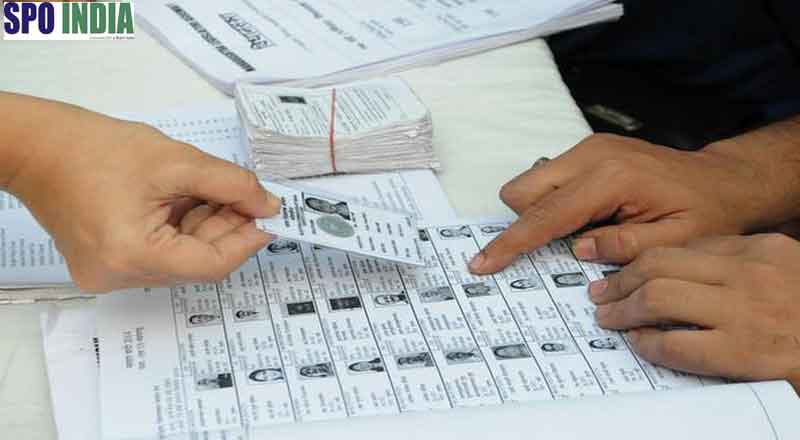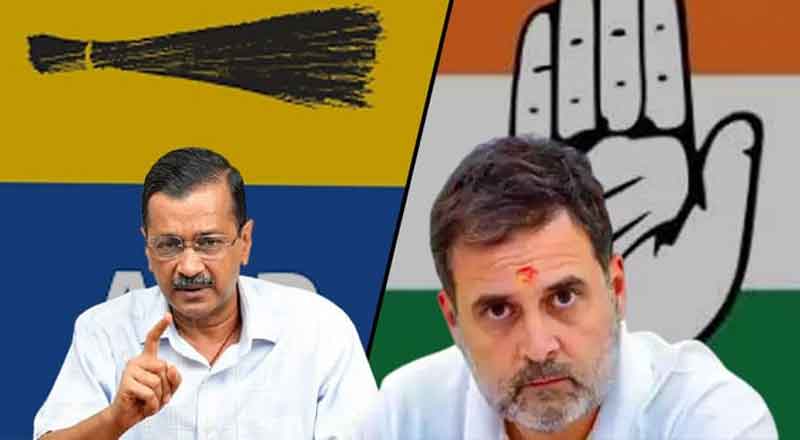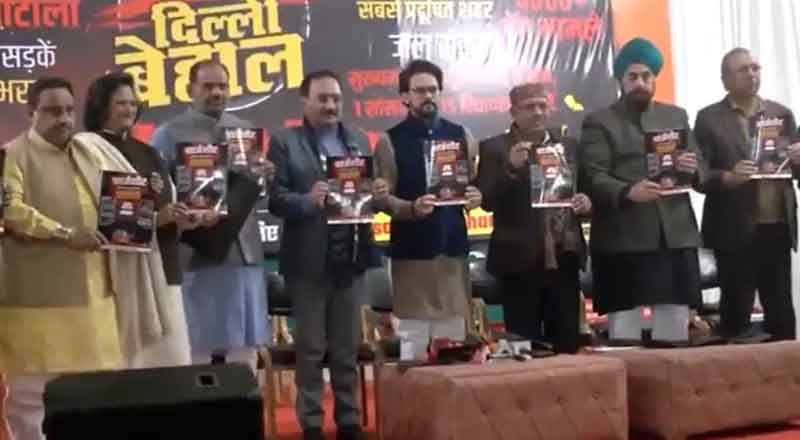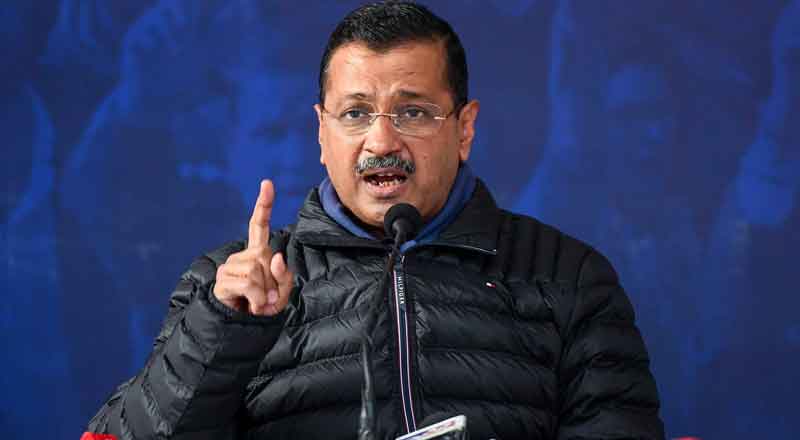- The Election Commission (EC) has begun preparing for upcoming Assembly elections in Jammu and Kashmir, Haryana, Jharkhand, and Maharashtra by starting the special summary revision (SSR) of electoral rolls.
- Beginning June 25, the EC will undertake preliminary activities for the special summary revision, focusing on optimizing the locations of polling stations to enhance accessibility for voters.
- The urgency to conduct these elections is underscored by the impending expiry dates of the assembly terms.
- Jammu and Kashmir has been without an elected Assembly since its dissolution in 2018.
- The Election Commission’s directive to update electoral rolls in Jammu and Kashmir reflects its commitment to facilitating fair and transparent elections in the region.
- Last year, the Supreme Court of India upheld the abrogation of Article 370 and mandated the EC to conduct Assembly elections in Jammu and Kashmir by September 30.
The Election Commission (EC) has commenced preparations for the forthcoming Assembly elections in Jammu and Kashmir, Haryana, Jharkhand, and Maharashtra, initiating the special summary revision (SSR) of electoral rolls. This significant electoral exercise was announced following communications to the Chief Electoral Officers of the respective states and Union Territory, as reported by The Indian Express.
Beginning June 25, the EC will undertake preliminary activities for the special summary revision, focusing on optimizing the locations of polling stations to enhance accessibility for voters. The electoral rolls will be meticulously updated with a cut-off date of July 1 for the states of Haryana, Jharkhand, Maharashtra, and the Union Territory of Jammu and Kashmir.
According to the EC’s statement released on Friday, July 25 is earmarked for the publication of the draft electoral rolls. Following this, electors will have the opportunity to submit claims and objections until August 9. The final electoral roll, crucial for ensuring the accuracy and inclusivity of voter registration, is scheduled for publication by August 20.
The urgency to conduct these elections is underscored by the impending expiry dates of the assembly terms: November 11 for Haryana, November 26 for Maharashtra, and January 5, 2025, for Jharkhand. Notably, Jammu and Kashmir has been without an elected Assembly since its dissolution in 2018. The forthcoming elections are expected to constitute a new Legislative Assembly following the delimitation of constituencies, a process necessitated by the abrogation of Article 370.
The Election Commission’s directive to update electoral rolls in Jammu and Kashmir reflects its commitment to facilitating fair and transparent elections in the region. The move is also aimed at addressing demographic changes and ensuring that all eligible voters are duly registered to participate in the democratic process.
In parallel to the SSR process, the EC has initiated training sessions for officials from the poll-bound states in Delhi this week. Moreover, preparations are in full swing for 47 by-elections across the country, demonstrating the extensive logistical planning required to manage multiple electoral events concurrently.
Last year, the Supreme Court of India upheld the abrogation of Article 370 and mandated the EC to conduct Assembly elections in Jammu and Kashmir by September 30. Chief Election Commissioner Rajiv Kumar recently affirmed the commission’s readiness to initiate the election process promptly.
The notable voter turnout of 58.58 per cent in Jammu and Kashmir during the recent Lok Sabha elections underscores the region’s active engagement in democratic processes. As preparations intensify and electoral activities unfold, all eyes are set on the forthcoming assembly elections, anticipated to be a pivotal moment for the region’s political landscape and democratic journey.
(With inputs from agencies)





